detail profile henryk borowski
Peran Yang Di Mainkan Henryk Borowski
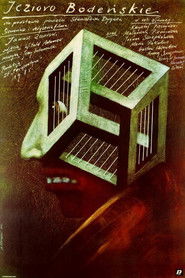 A Pole who spent time in...
A Pole who spent time in...Sons and Comrades 1986
A Pole who spent time in an internment camp during the war on the Swiss-German border, visits the site many years later and recalls these days. He meets with other Poles confined in the same camp, including several women, in whose he had romantic interests.
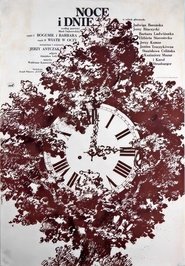 A family saga of Barbara OstrzeskaNiechcic...
A family saga of Barbara OstrzeskaNiechcic...Nights and Days 1975
A family saga of Barbara Ostrzeńska-Niechcic and Bogumił Niechcic against the backdrop of the January Uprising of 1863 and World War I. The film is a rather straightforward and faithful adaptation of a novel by Maria Dabrowska with the same title. The plot is woven around the changing fortunes of a noble (upper-class) Niechcic family in the pre-WWI Poland. There are two main crossing threads: a social history one and an existential one.
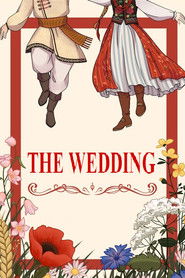 Set at the turn of the...
Set at the turn of the...The Wedding 1973
Set at the turn of the century, the story concerns a Polish poet living in Cracow who has decided to marry a peasant girl. The wedding is attended by a heterogenous group of people from all strata of Polish society, who dance, get drunk and lament Poland's 100-year-long division under Russia, Prussia, and Austria. The bridegroom, a painter friend, and a journalist each in turn is confronted with spectres of Polish past. In the end a call to arms is called but turns out to be a hoax.
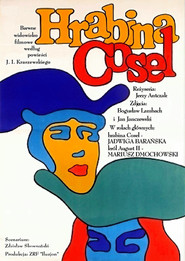 The Countess Cosel is based on...
The Countess Cosel is based on...Countess Cosel 1968
The Countess Cosel is based on the true story of the beautiful Anna Constantia of Brockdorff, a German noblewoman who became a mistress of Augustus the Strong, King of Poland and Elector of Saxony in 1704.
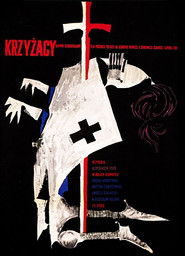 A tale of a young impoverished...
A tale of a young impoverished...Knights of the Teutonic Order 1960
A tale of a young impoverished nobleman, who with his uncle returns from a war against the order of the Teutonic Knights in Lithuania. He falls in love with a beautiful woman and pledges an oath to bring her "three trophies" from the Teutonic Knights.
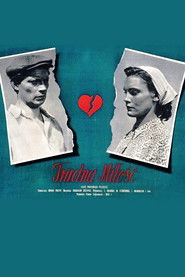 A story of the love affair...
A story of the love affair...Difficult Love 1954
A story of the love affair between Janek Małodworny and Hanka, daughter of the kulak Nalepa. The two love each other, but their happiness is hampered by differences in possessions. To make matters worse, Małodworny is in favor of establishing a cooperative along Soviet lines, while old Nalepa is staunchly opposed.

 An alchemist Sendivius comes to court...
An alchemist Sendivius comes to court...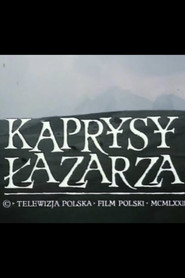
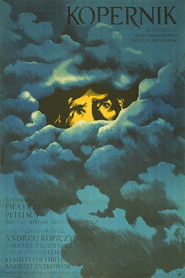 A biography of Nicholas Copernicus covering 50...
A biography of Nicholas Copernicus covering 50...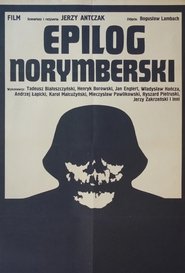 Reproduction of the Nuremberg trials using...
Reproduction of the Nuremberg trials using...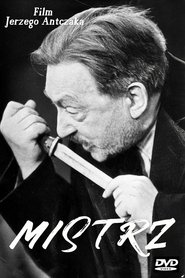 A young actor preparing for the...
A young actor preparing for the...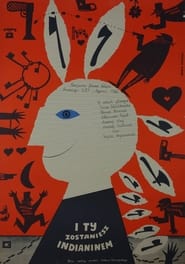 Mirek Kubiak is a primary school...
Mirek Kubiak is a primary school...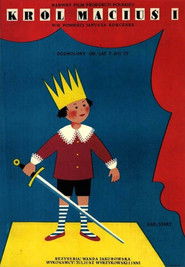 A 10year old boy becomes a...
A 10year old boy becomes a... A journalist investigates a mysterious murder...
A journalist investigates a mysterious murder...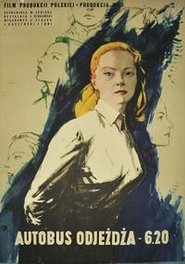 A young hairstylist leaves her husband...
A young hairstylist leaves her husband...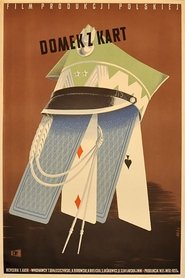 August 1939 After publishing an article criticizing...
August 1939 After publishing an article criticizing...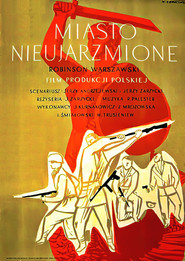 Unvanquished City Polish Robinson warszawski Polish...
Unvanquished City Polish Robinson warszawski Polish...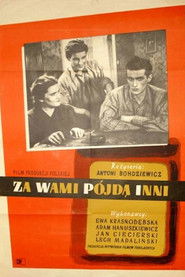 A war drama that tells the...
A war drama that tells the...